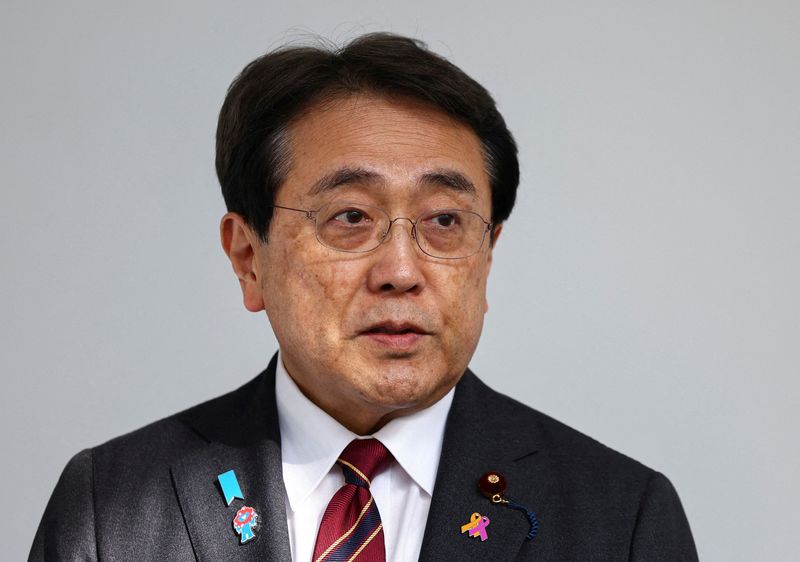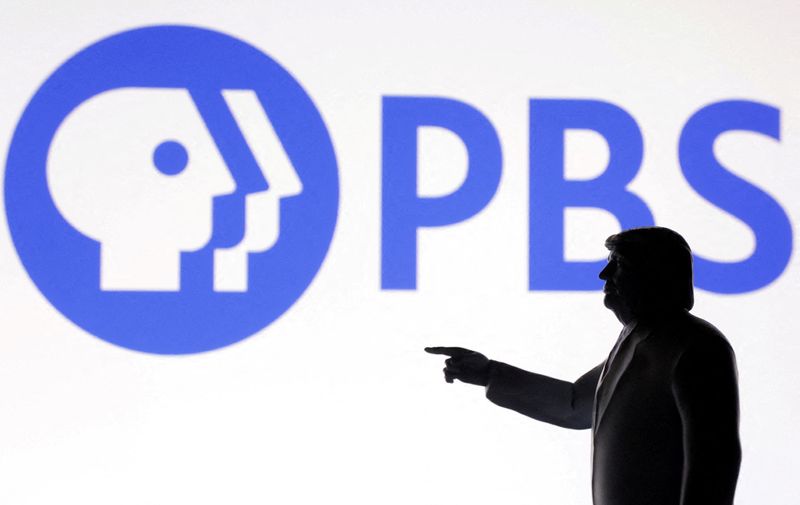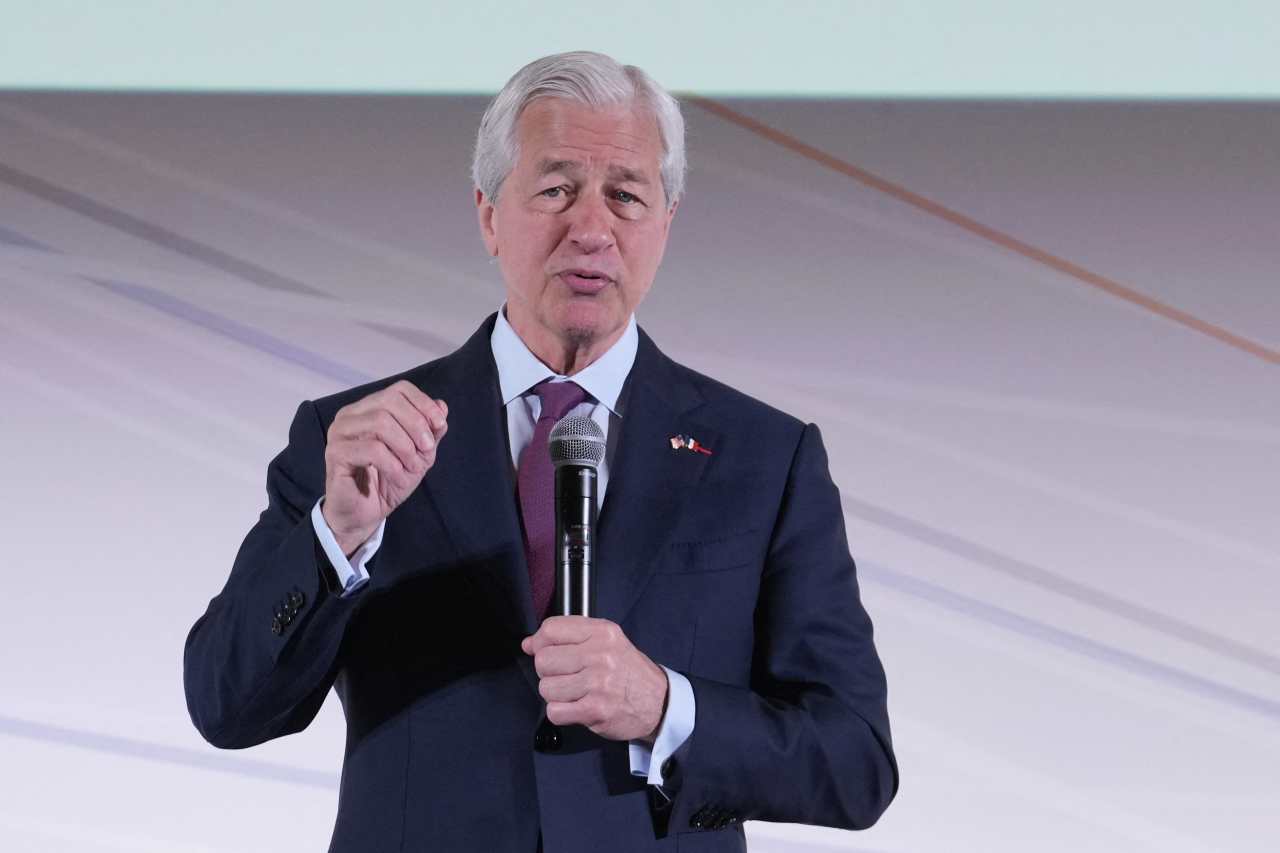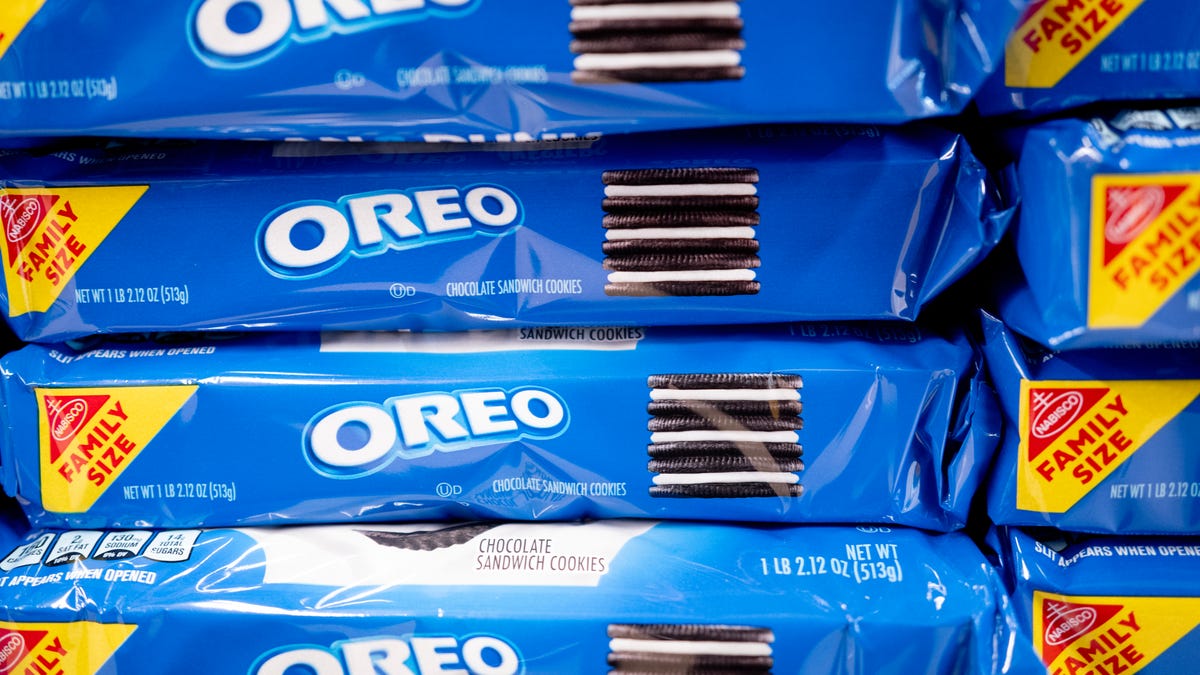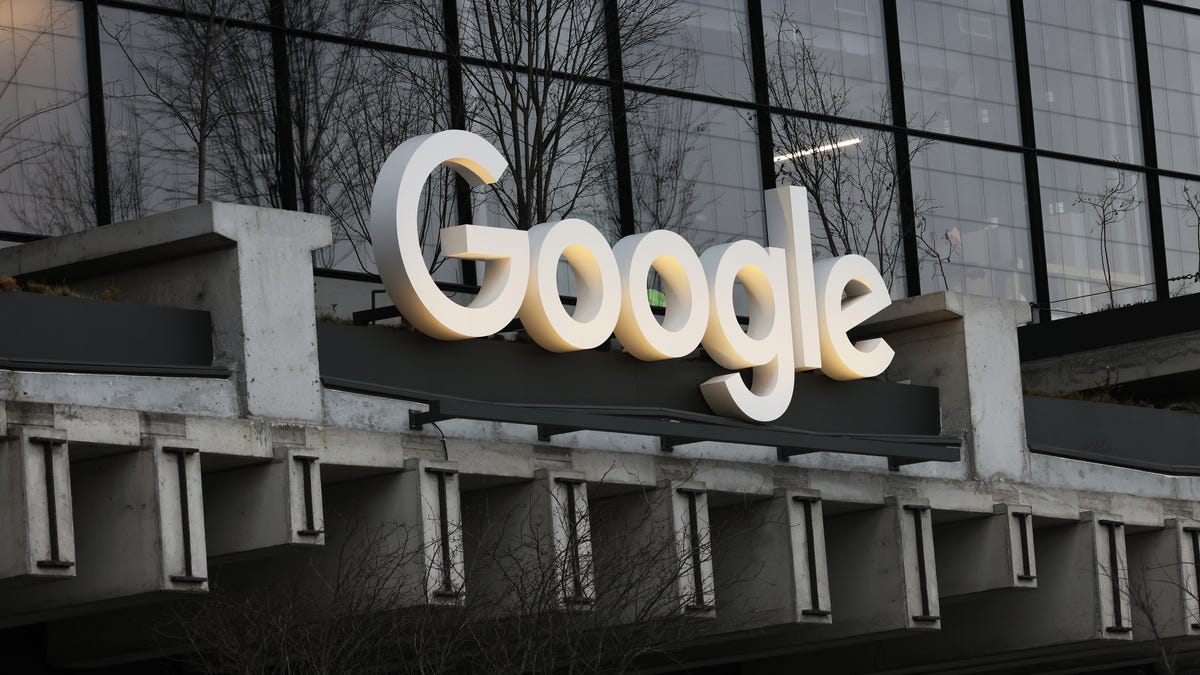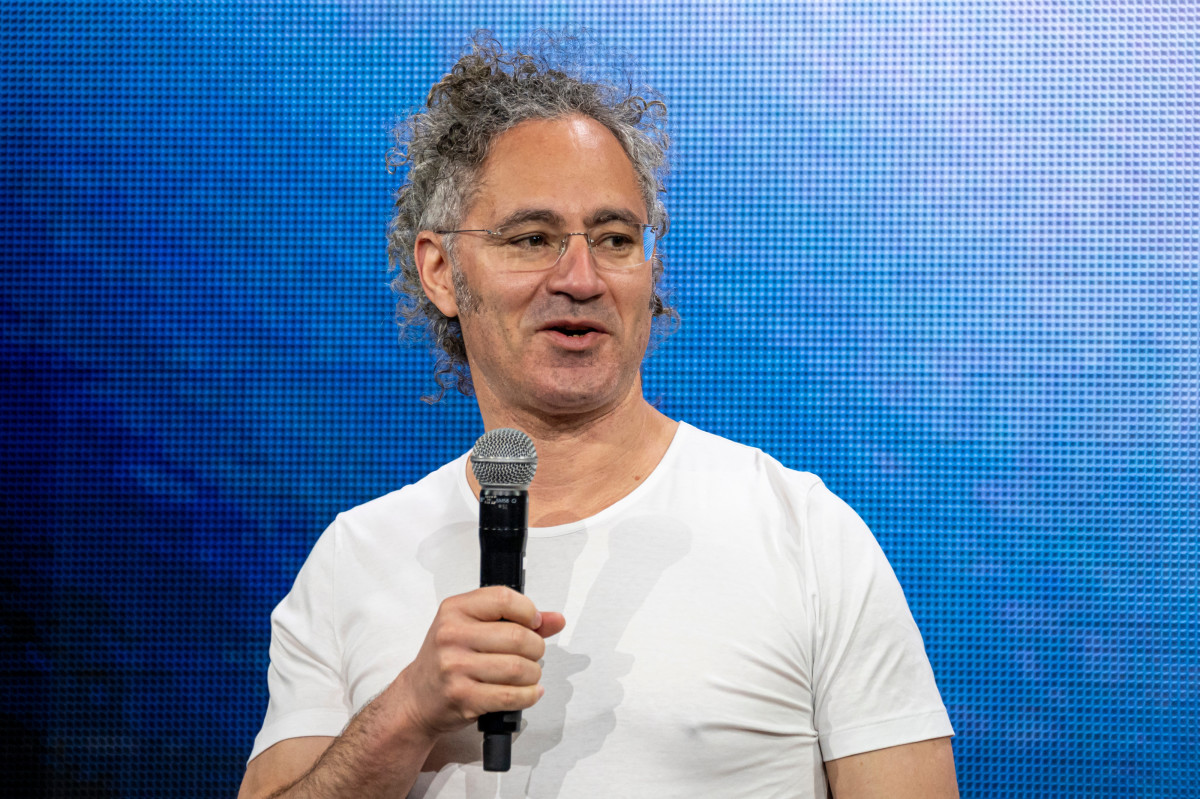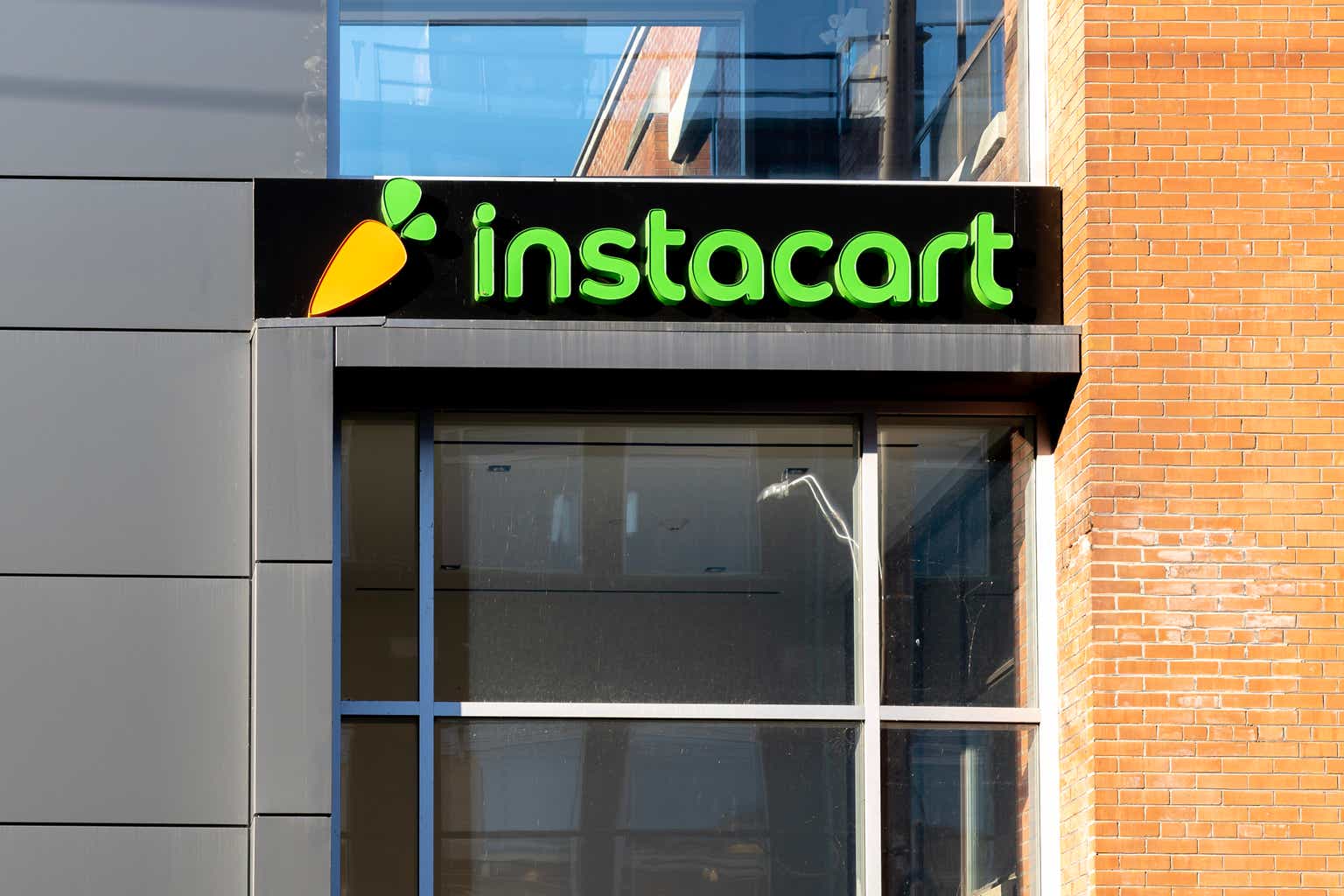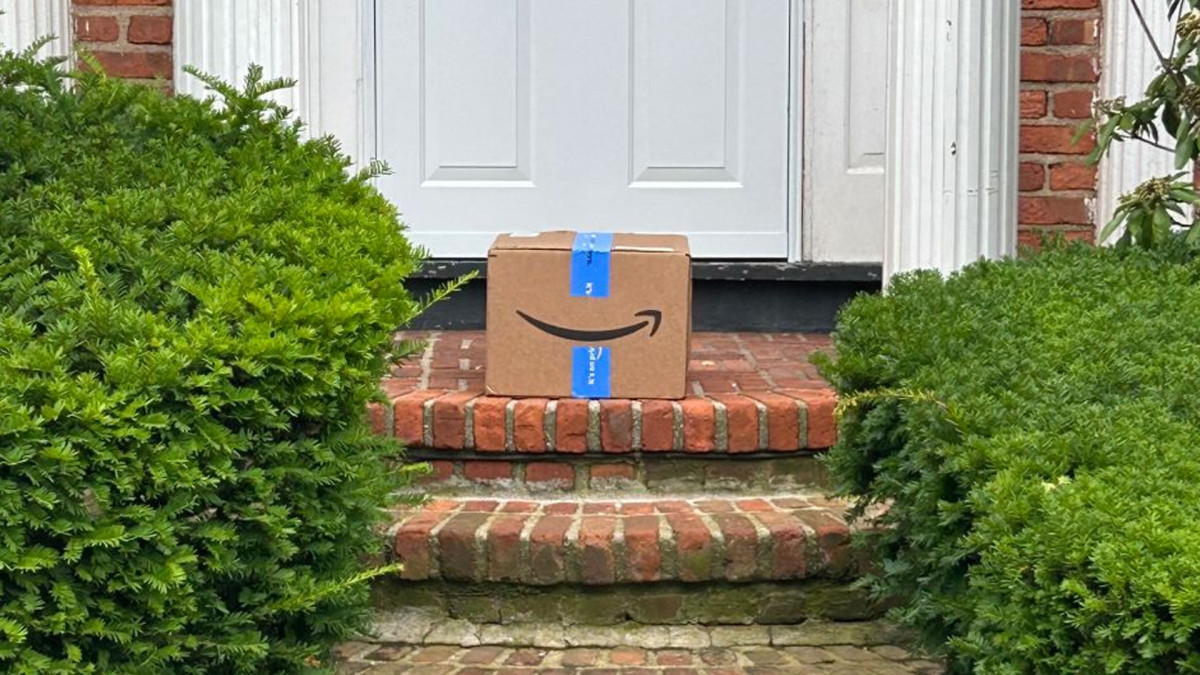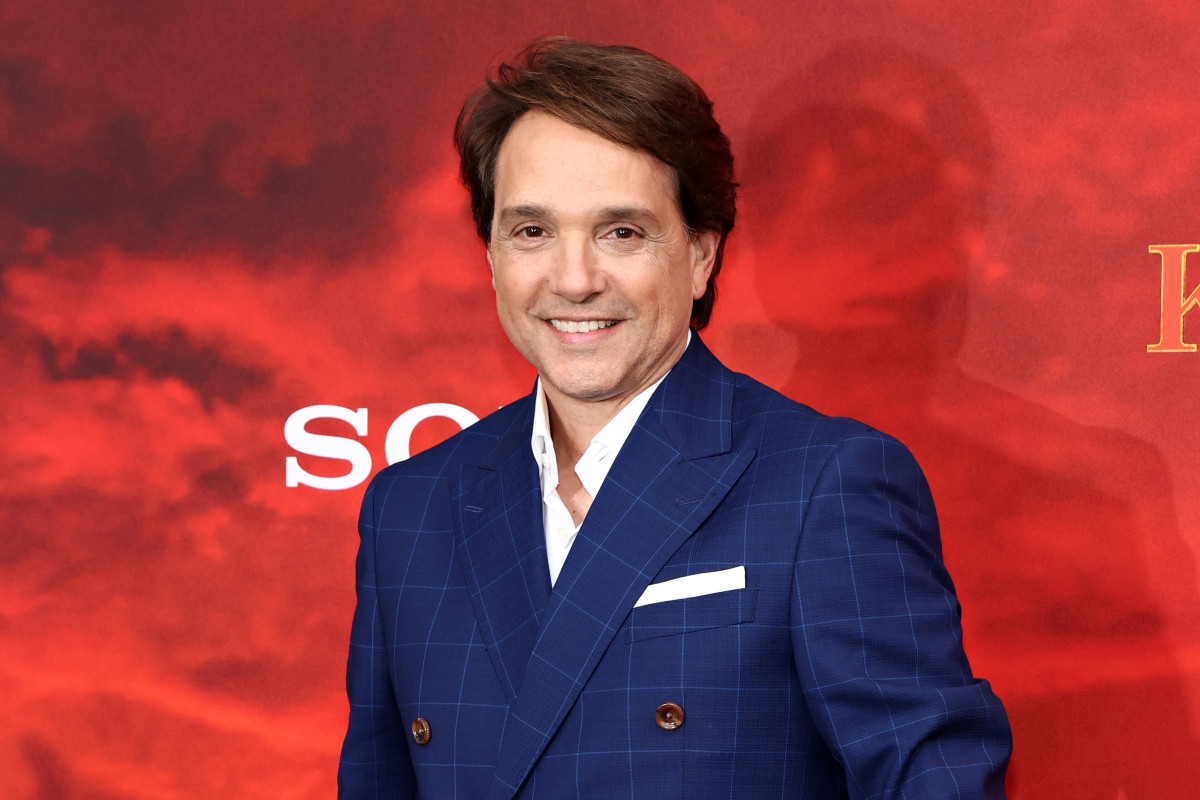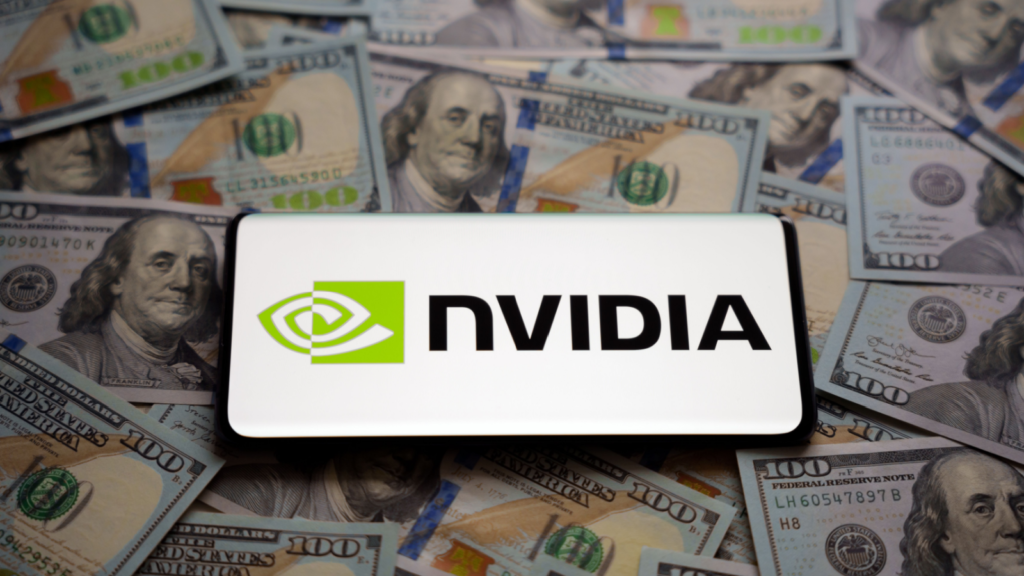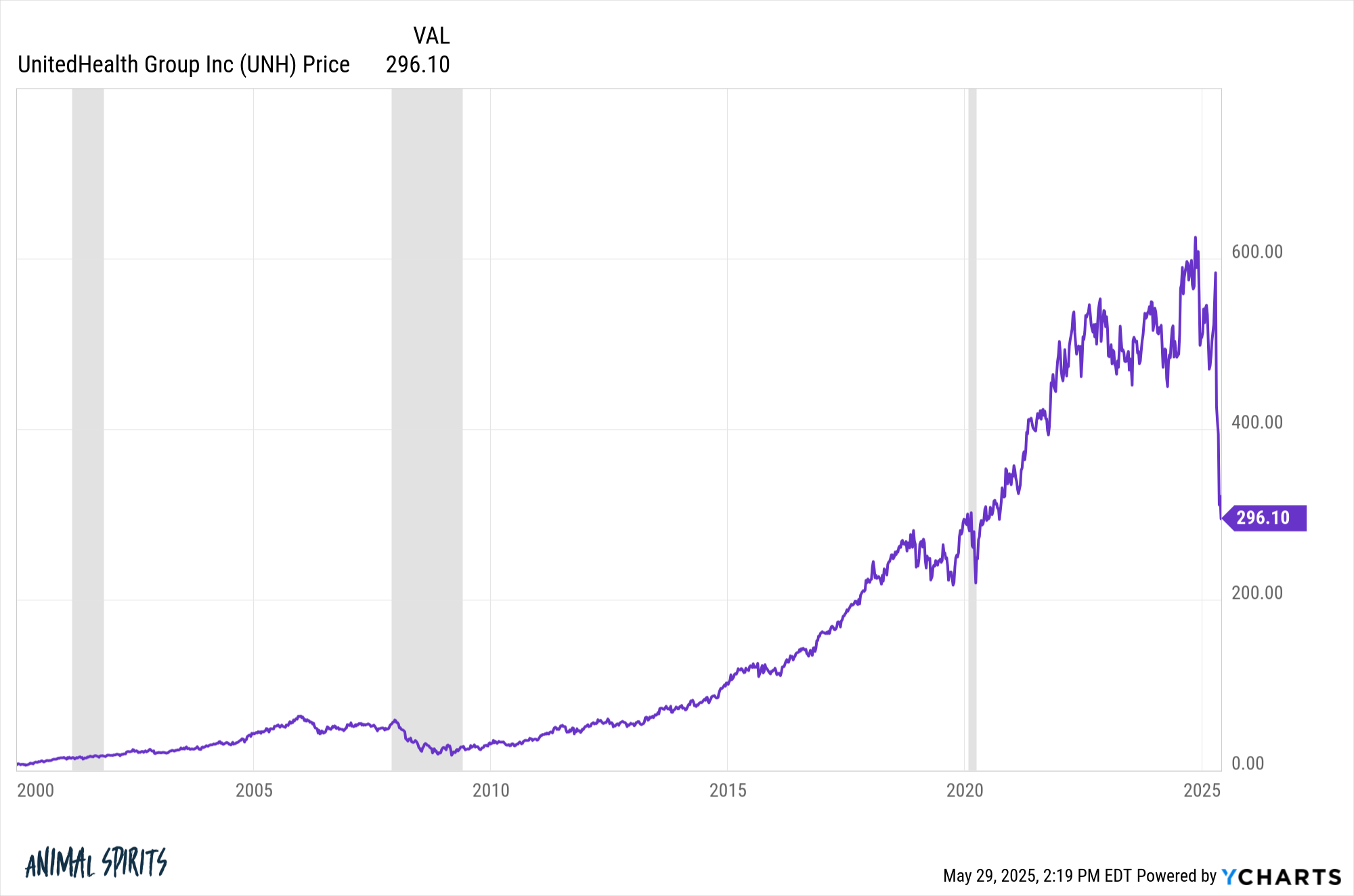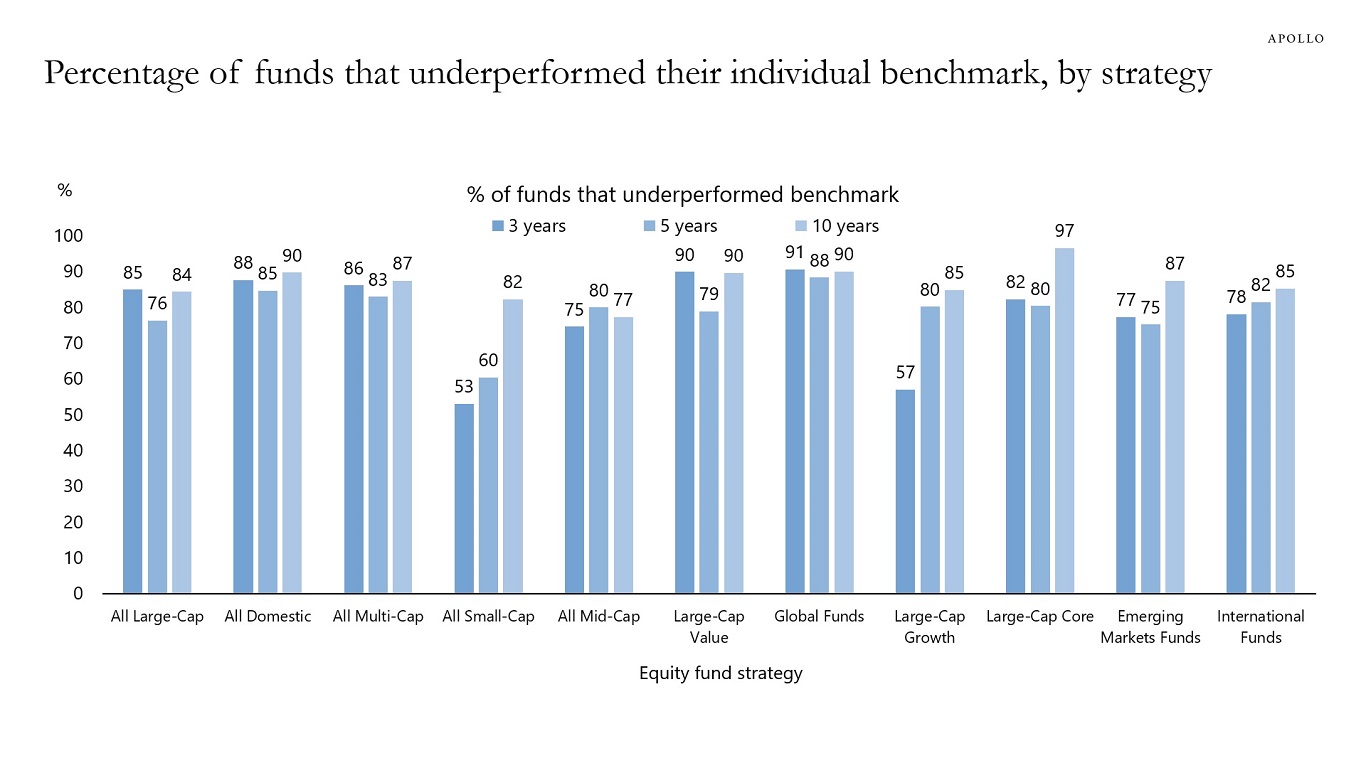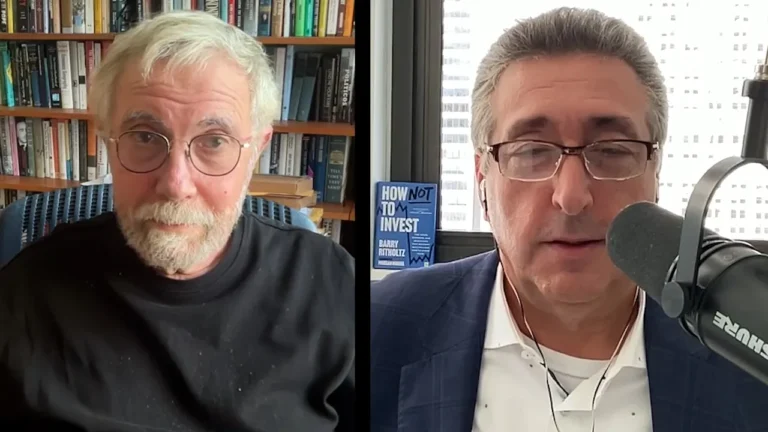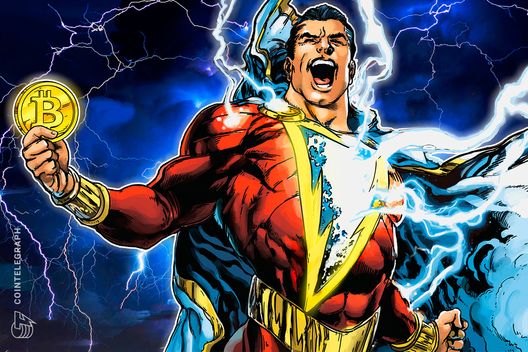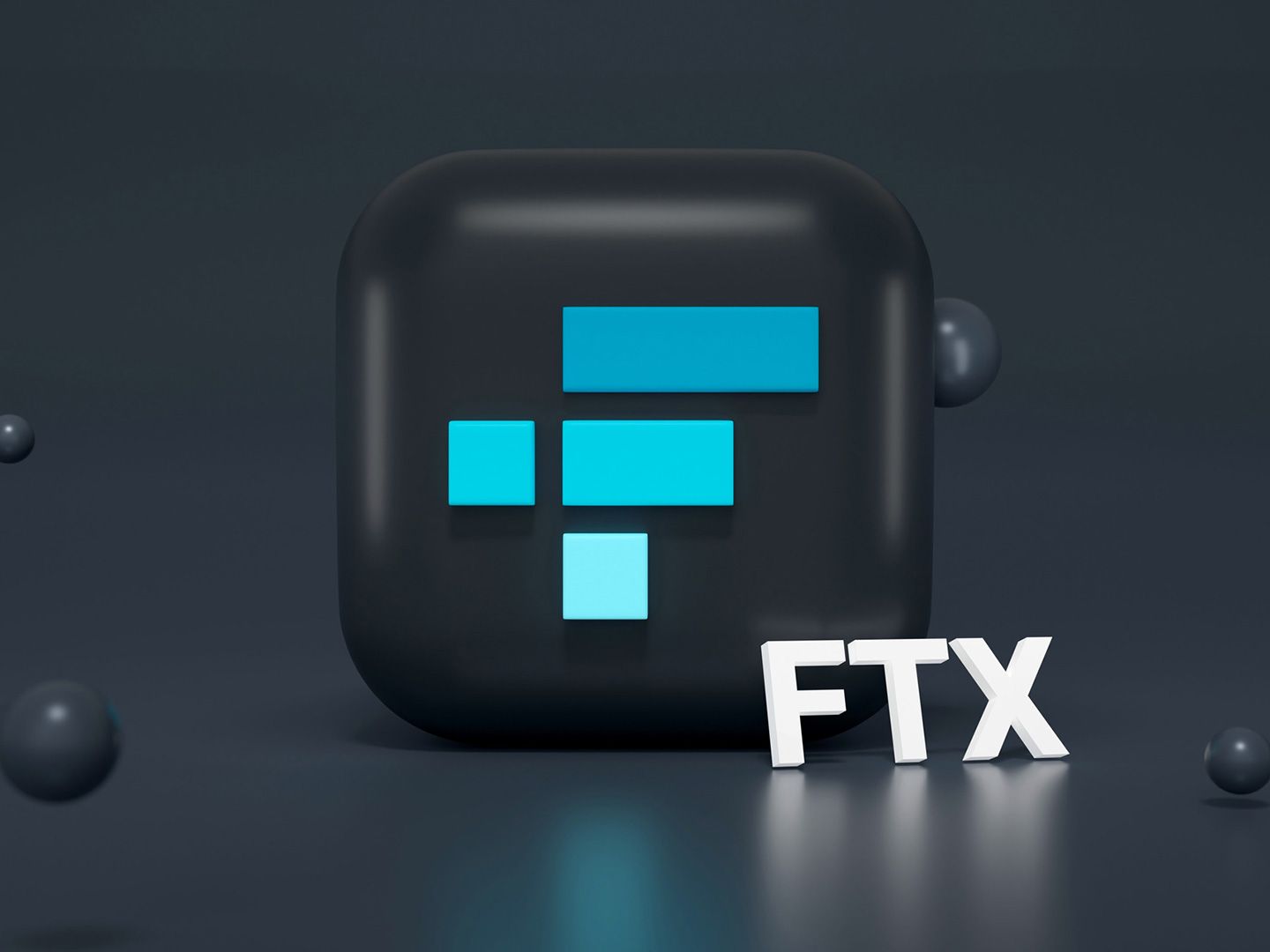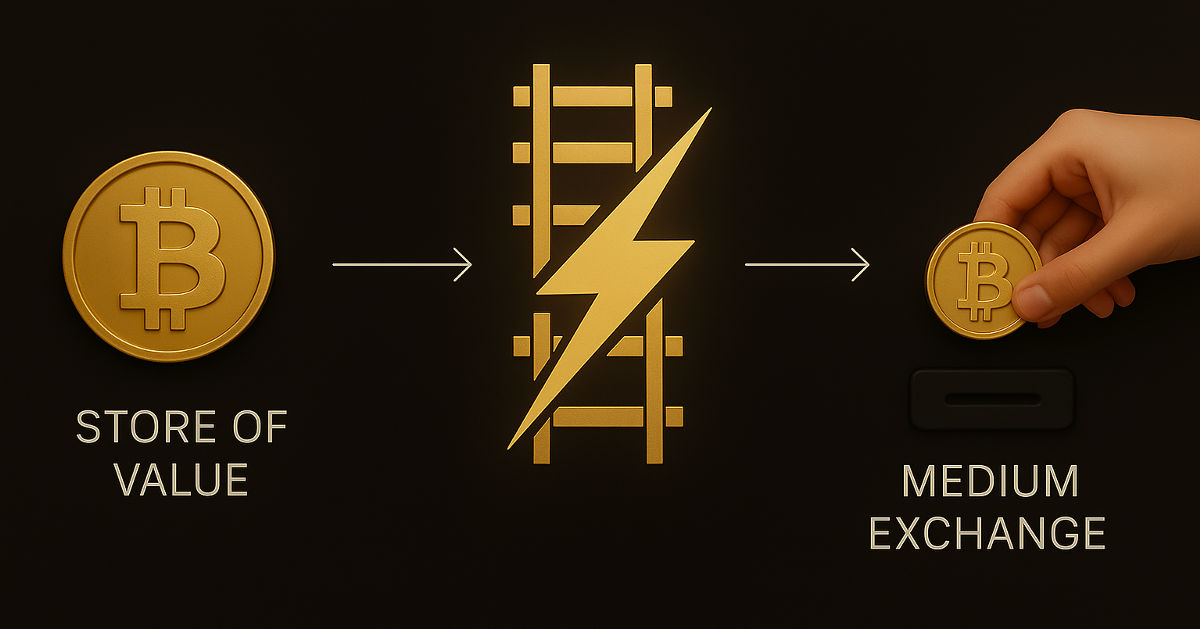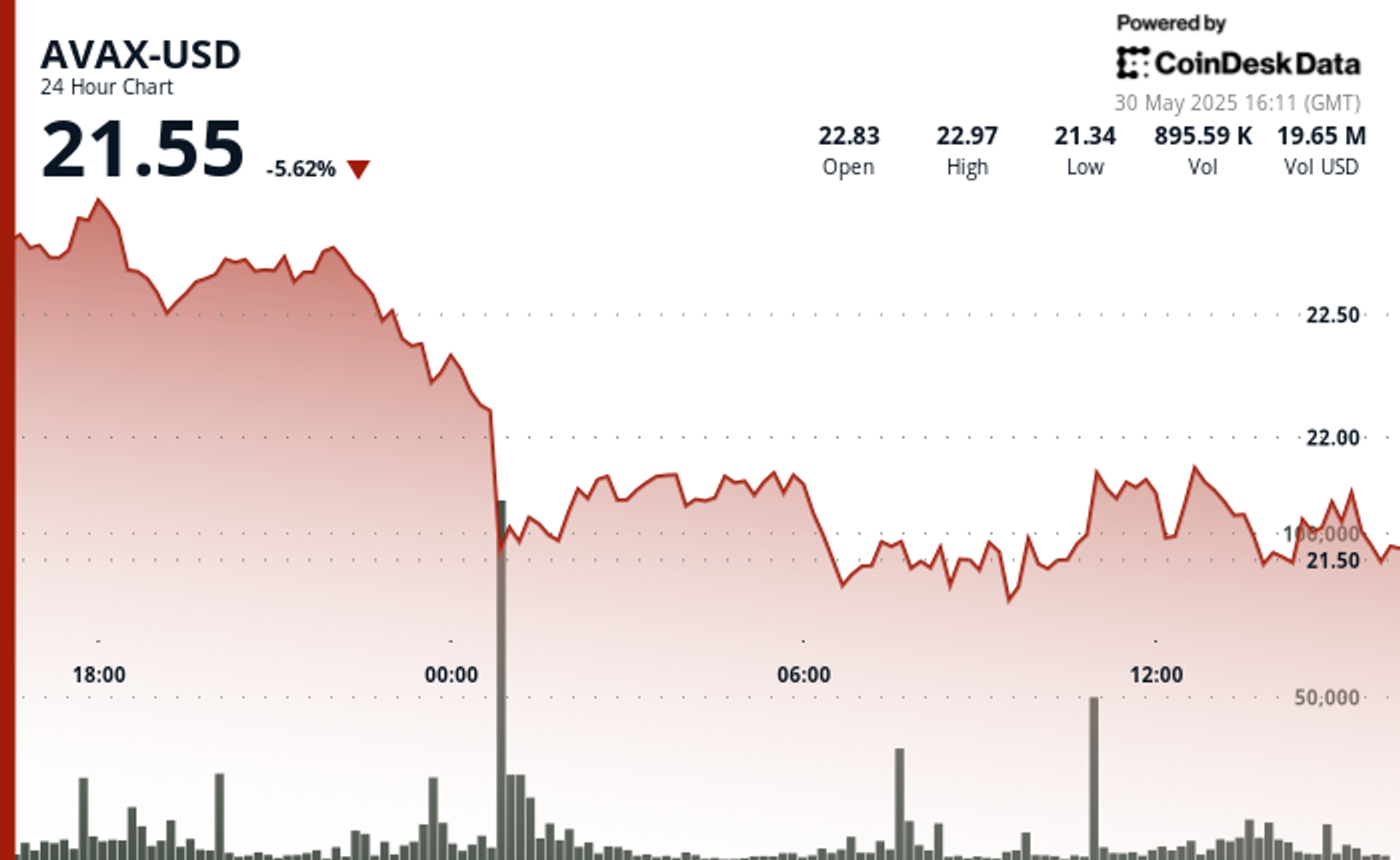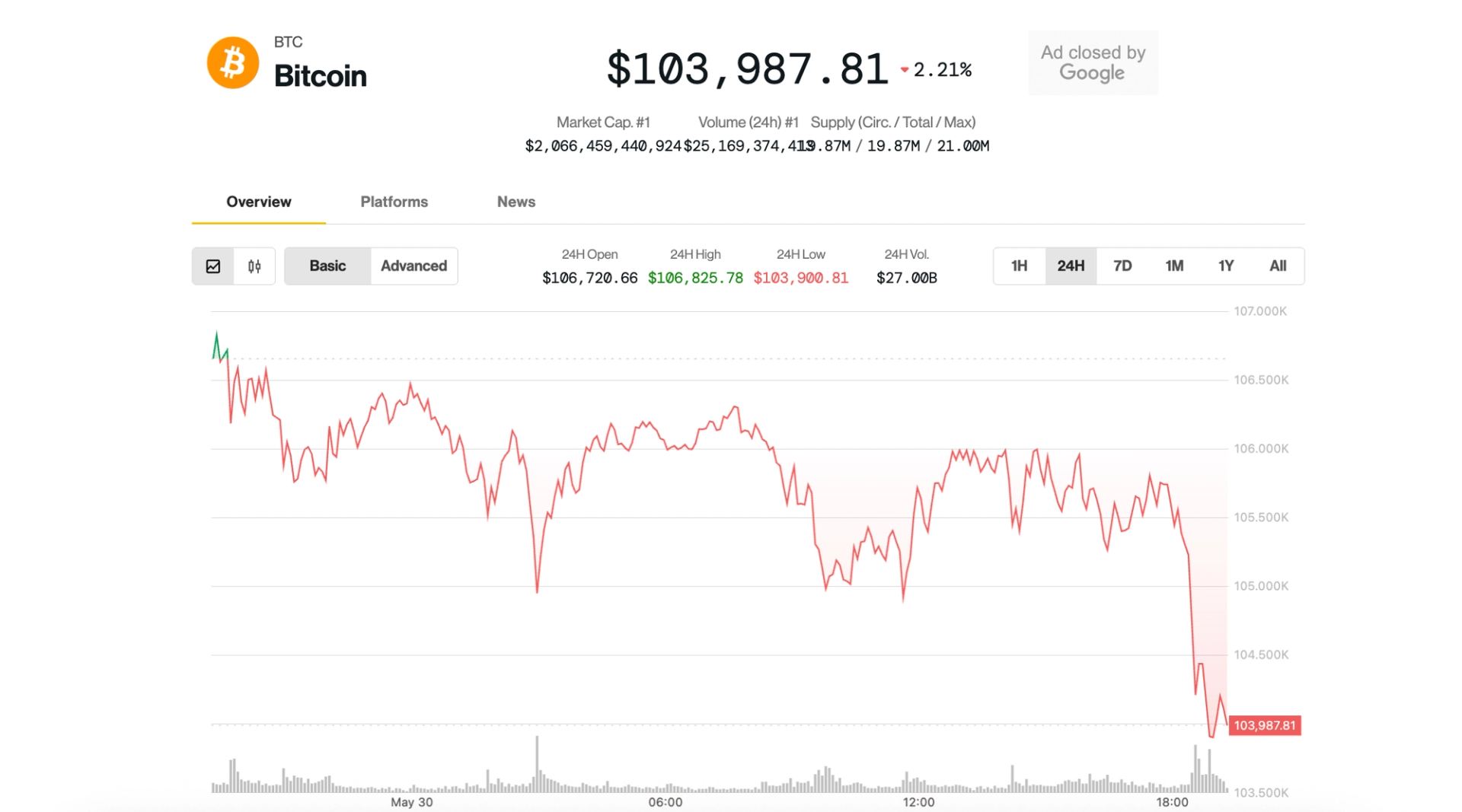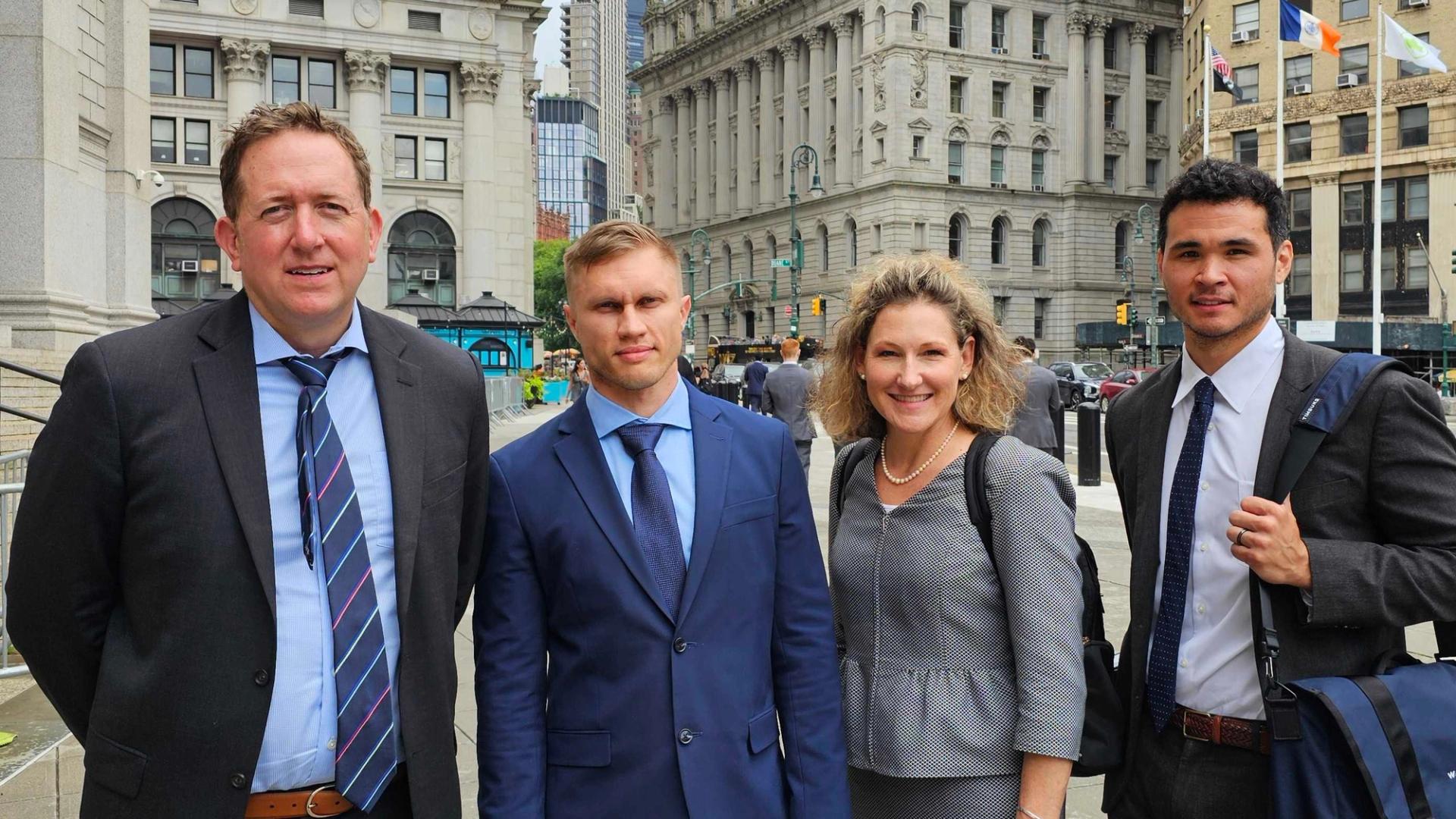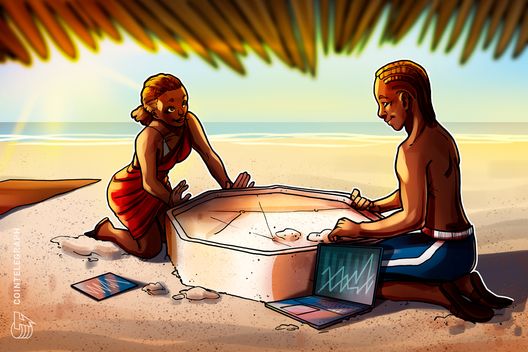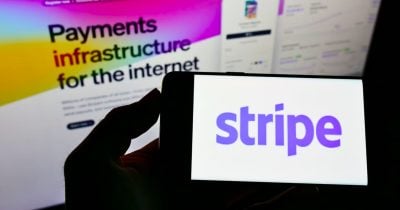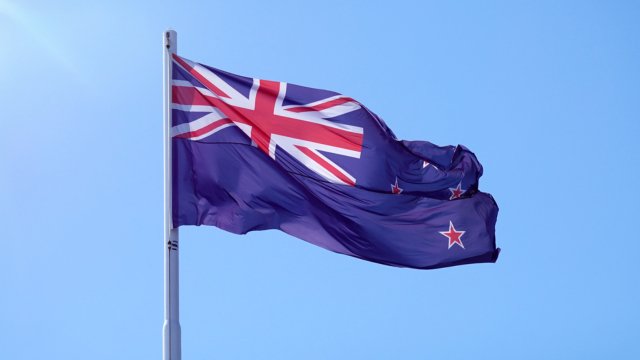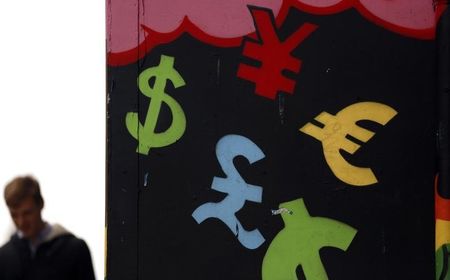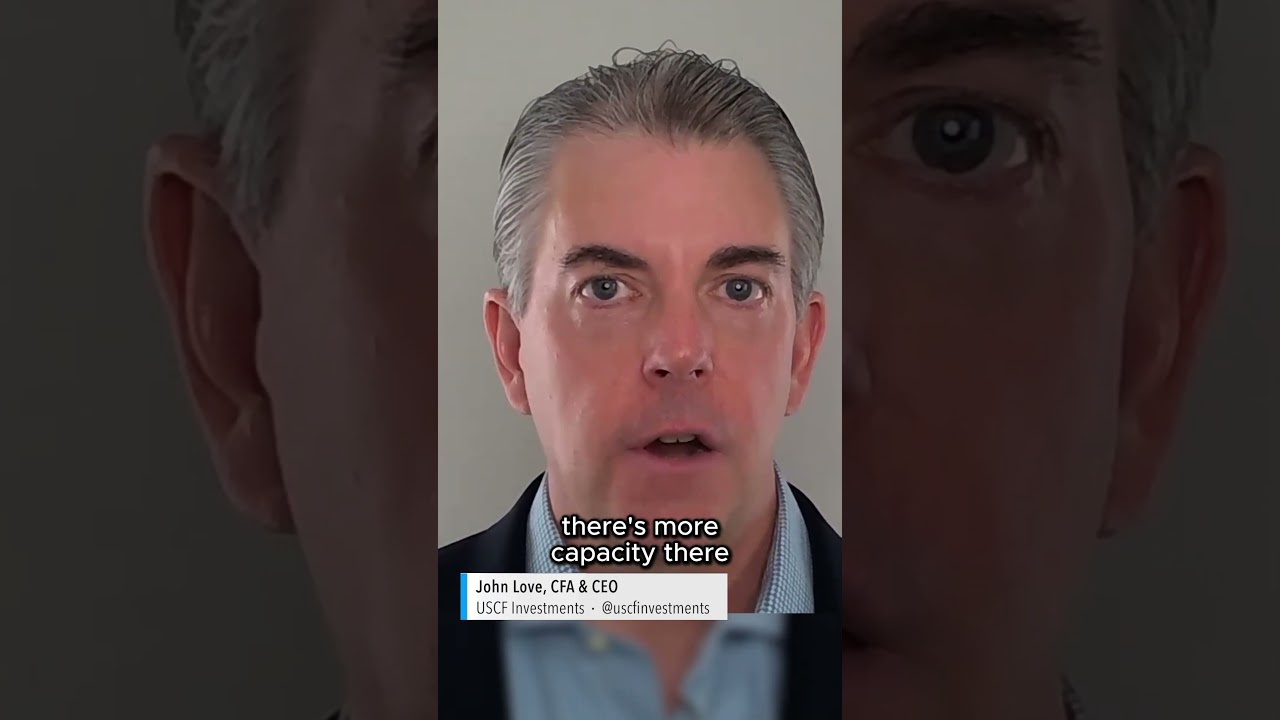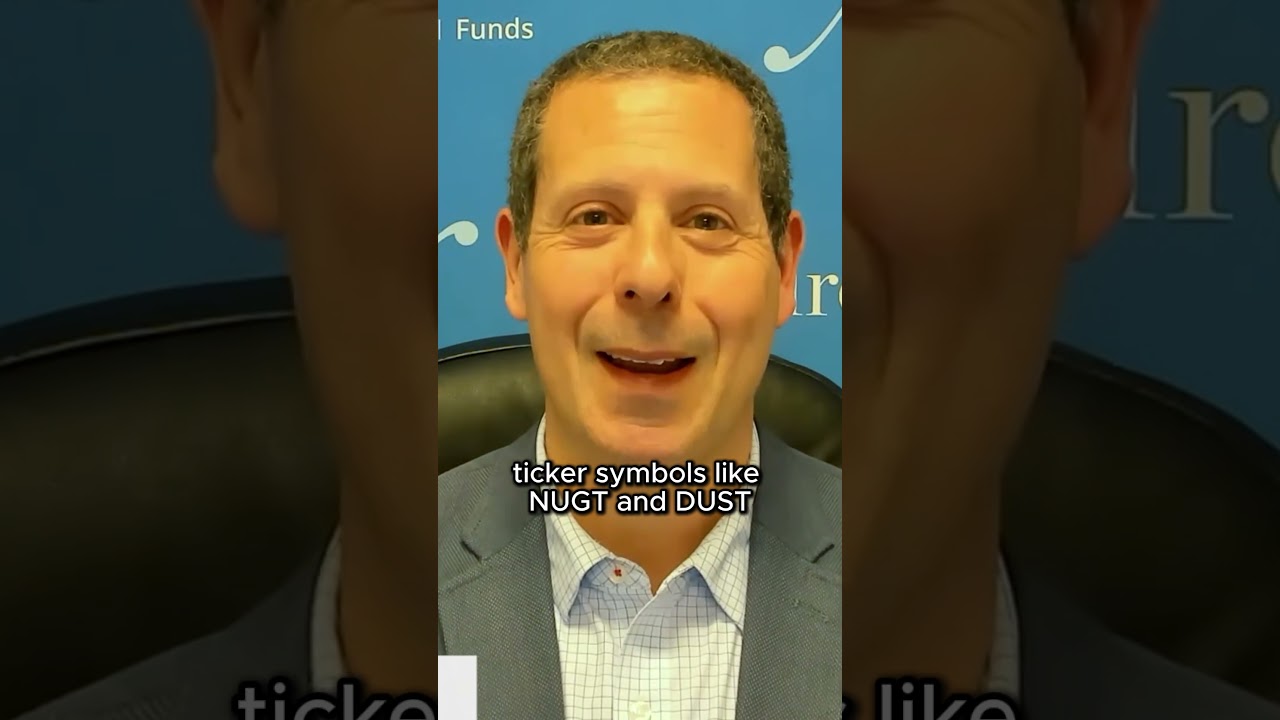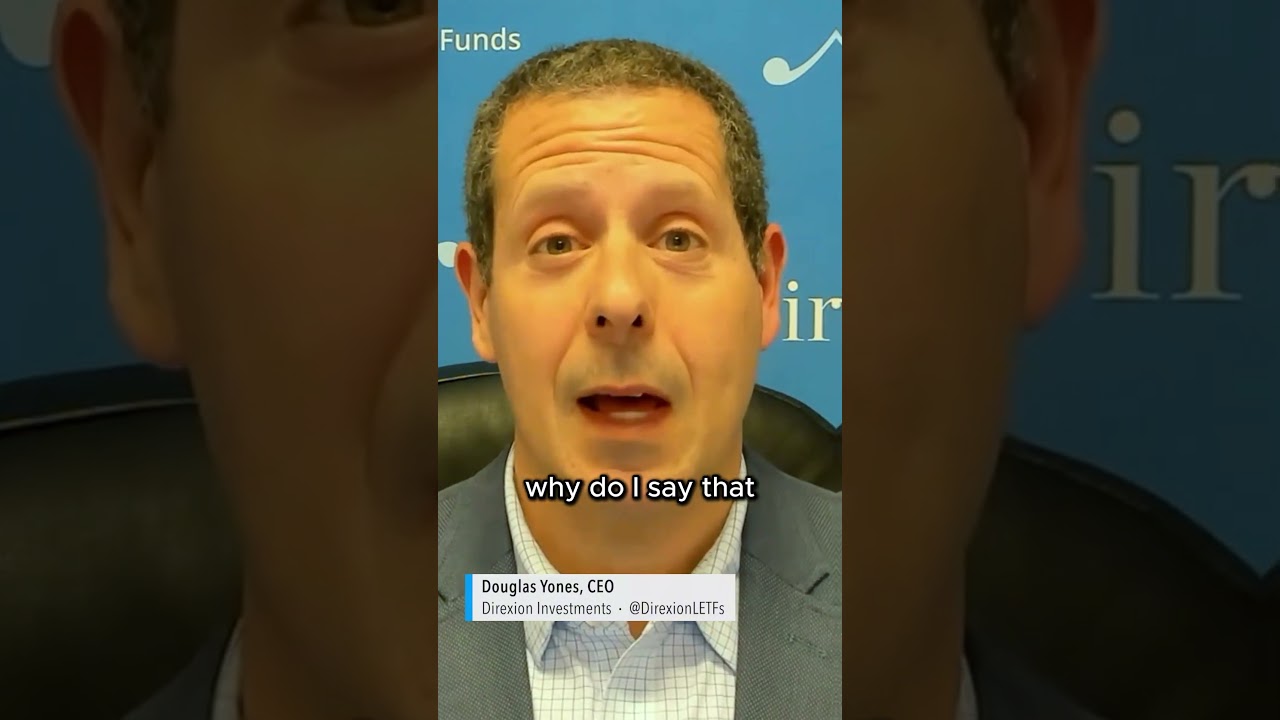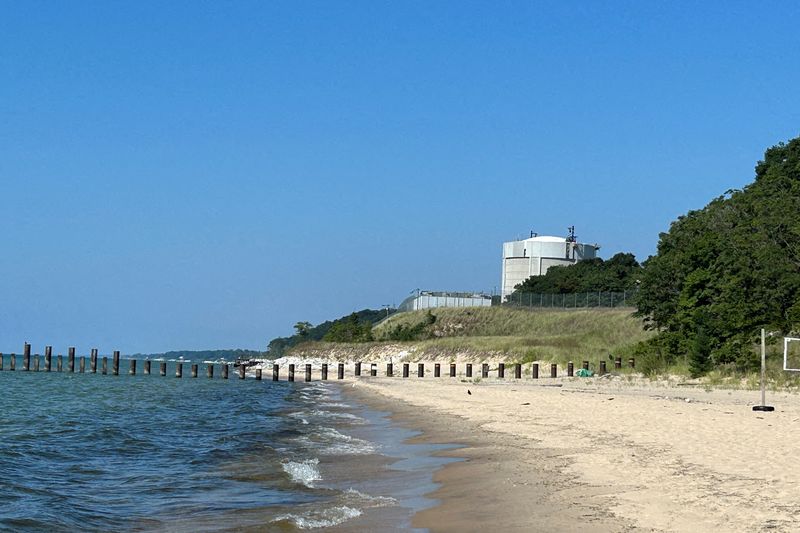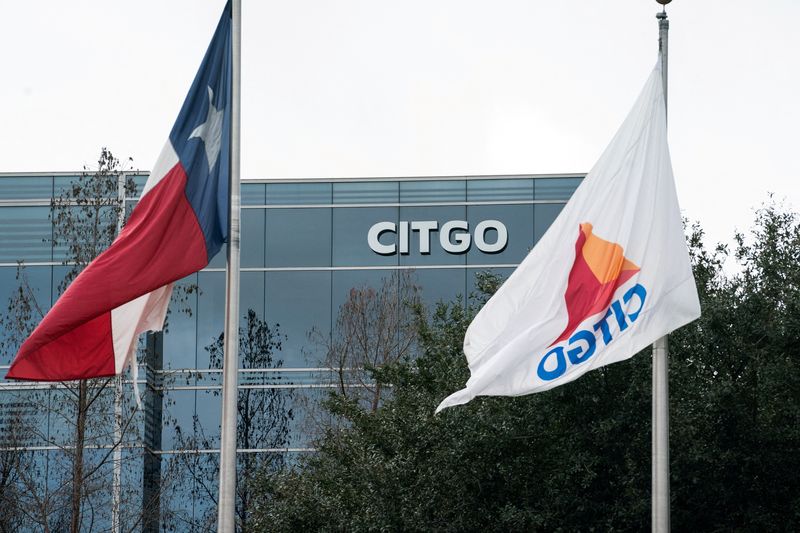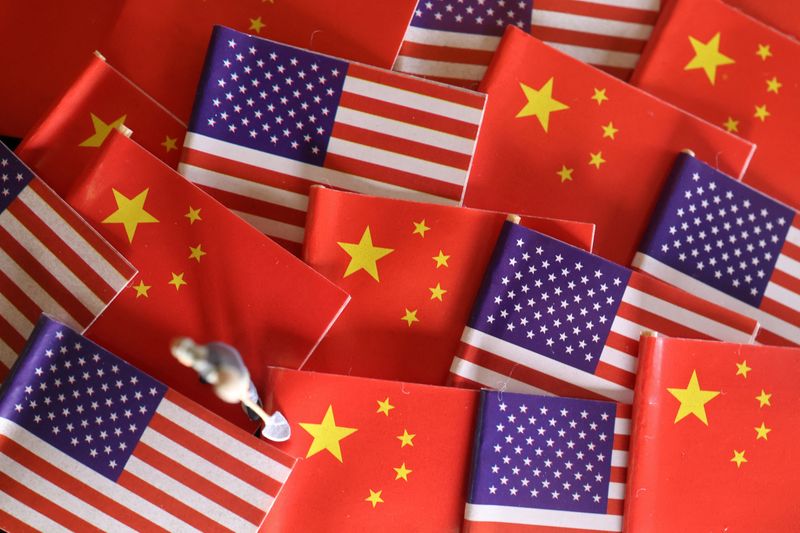Palmer Luckey and Mark Zuckerberg ended their bitter feud to bolster Silicon Valley’s new love affair with the military market
Meta is working with Palmer Luckey again after firing him eight years ago.

It’s not the duo you might have imagined.
On Thursday, as weapons startup Anduril and social media giant Meta announced a partnership to design new virtual and augmented reality devices for the U.S. military, the companies shared a photo of Anduril founder Palmer Luckey and Meta CEO Mark Zuckerberg standing side-by-side in the Meta offices—smiling!
You’d never guess from the chummy photo that, just eight years ago, Zuckerberg’s company (back when it was still called Facebook) very publicly fired Luckey after a donation he made to a pro-Trump group caused an uproar among staff.
For Luckey, who had joined Facebook when his virtual reality startup was acquired for $2 billion, it was a gut punch that would shape his worldview for years to come (Luckey told Fortune in the fall that the termination at the “height” of his career permanently shifted his level of trust in the people he works with), and in Silicon Valley, the episode became synonymous with tech industry bad blood.
But times have changed. And the two tech entrepreneurs are apparently now ready to make up for the sake of making money—and to make America’s military stronger. In so doing, Palmer and Zuck are forging the equally improbable alliance of a startup that builds killer drones and a social network founded with the mission to “bring the world closer together.”
The initial collaboration centers on what the companies are calling “EagleEye,” where Meta and Anduril will build devices like helmets and headsets for U.S. soldiers that will have enhanced heat and thermal sensor capabilities to help detect enemies on the battlefield, as well as built-in compute and communications features to control drones. The companies have already submitted a whitepaper to one of the Army’s programs in hopes of being selected for the project.
If the notion of the “Like” button’s creator (and the parent company of Instagram and Threads) expanding into the lethal business of battlefield tools is hard to square, consider the scale of the opportunity. The U.S. Department of Defense has spent $156 billion on contracts in fiscal 2025 – and we’re only seven months through the year. Palantir, a tech company that counts the Pentagon as a big customer, has seen its stock surge 62% so far this year. Meta’s stock is up 10% year-to-date.
And as Meta moves deeper into AI, the pressure to monetize its investments by scooping up some of the national defense budget will only become greater. By partnering with Anduril, Meta puts itself in a better position to sell its Llama AI models to a lucrative customer, the U.S. military; Anduril gets a partner for virtual reality capabilities (some of which, ironically, Meta obtained through its acquisition of Luckey’s original startup).
Meta is a different organization than the one that fired Luckey eight years ago. Once accused of stifling or censoring conservative voices on its social platforms, Meta recently disbanded its diversity and inclusion programs after Donald Trump was elected president. Zuckerberg, whose personal stylings have undergone a radical change, has made several visits to the White House and Mar-a-Lago to meet with Trump.
The partnership between Anduril and Meta has been underway for nearly a year, Luckey said in a podcast with journalist Ashlee Vance released on Thursday.
As for turning the page on an age-old rivalry that has become Silicon Valley lore, Luckey told Fortune in October that he had already made his peace with Zuckerberg by that time. “I’ve already made up with Zuck. Zuck has apologized for what happened,” Luckey explained. “The people that made that happen are all gone. All of the people—the eight people who orchestrated my ouster—don’t work at Meta.”
This story was originally featured on Fortune.com



